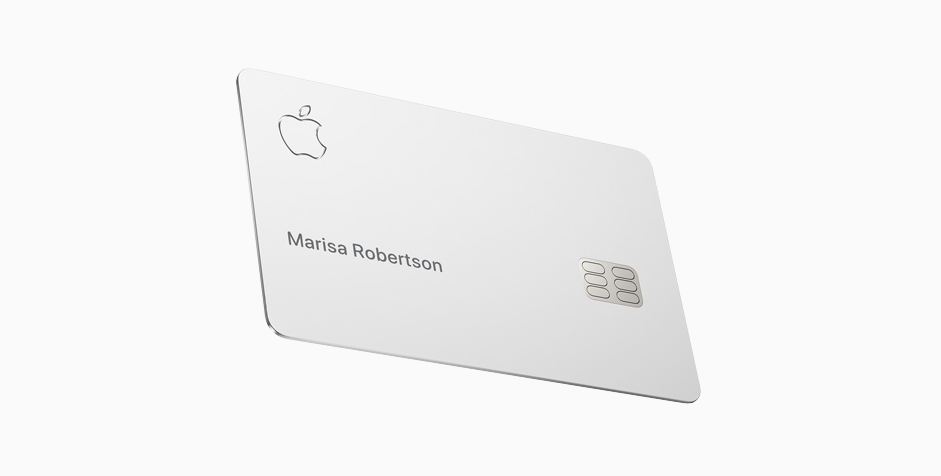Maiden Voyage
Gold™ Member
Financial services will get the full Apple treatment, sources say.

Apple plans to build its own financial infrastructure for payments and lending
Financial services will get the full Apple treatment, sources say.
 arstechnica.com
arstechnica.com
Apple plans to build its own in-house technology and infrastructure for financial services, according to a Bloomberg report citing people with knowledge of the matter.
The initiative is internally codenamed "Breakout" as an allusion to the idea of users breaking free from the current establishment players in the financial system.
Apple has long held to a philosophy of controlling as much of the user experience—and its own pipeline—as possible, believing this method offers the dual benefits of better experiences for customers and a bigger slice of the revenue pie for Apple. That control also means Apple can be less affected by surprises or failures from external partners.
That philosophy is now being thoroughly applied to financial services, a rapidly growing but relatively new part of Apple's overall product strategy. According to Bloomberg's sources, the plans would include "payment processing, risk assessment for lending, fraud analysis, credit checks, and additional customer-service functions such as the handling of disputes."
The sources add that Apple's move toward bringing all this in-house is oriented around upcoming products, not current ones. So, for example, Apple Card may still stick with Goldman Sachs.
And in some cases, like the company's planned Apple Pay Later feature, Apple might—at least at first—lean on a partner for some aspects like long-term loans while using its own tech and infrastructure for short-term loans.
Apple Pay Later was named as one of the features to which these new plans will likely apply, and Apple has other new financial products in the works, too, like a subscription service bundle for iPhones and some Apple services.
The company's growing emphasis on financial services reflects its efforts to transition from what some call a "hit-based" business—like a new iPhone or other product that may or may not generate huge demand based on various factors, some outside of Apple's control—to more consistent, recurring revenue from customers.

